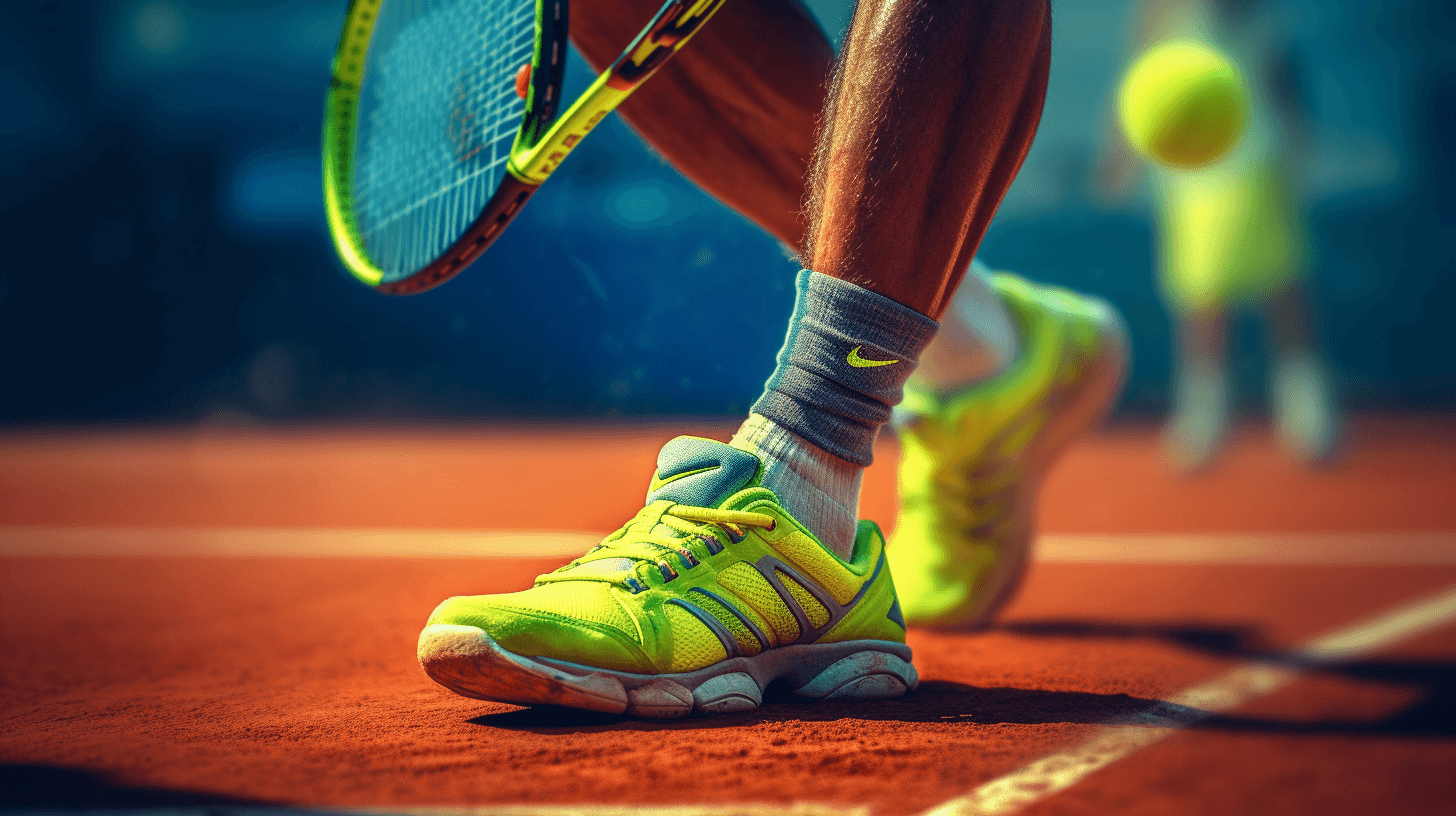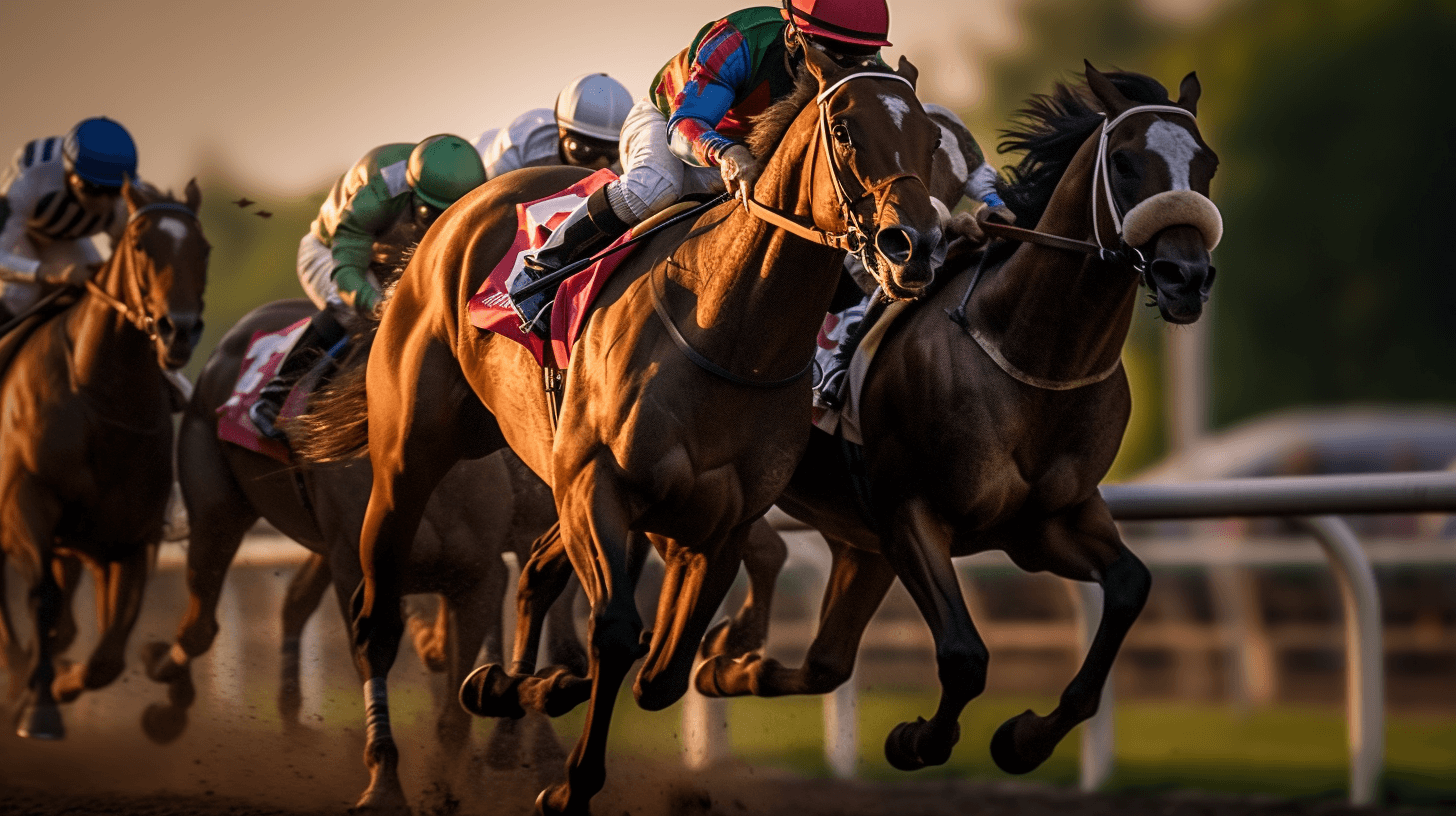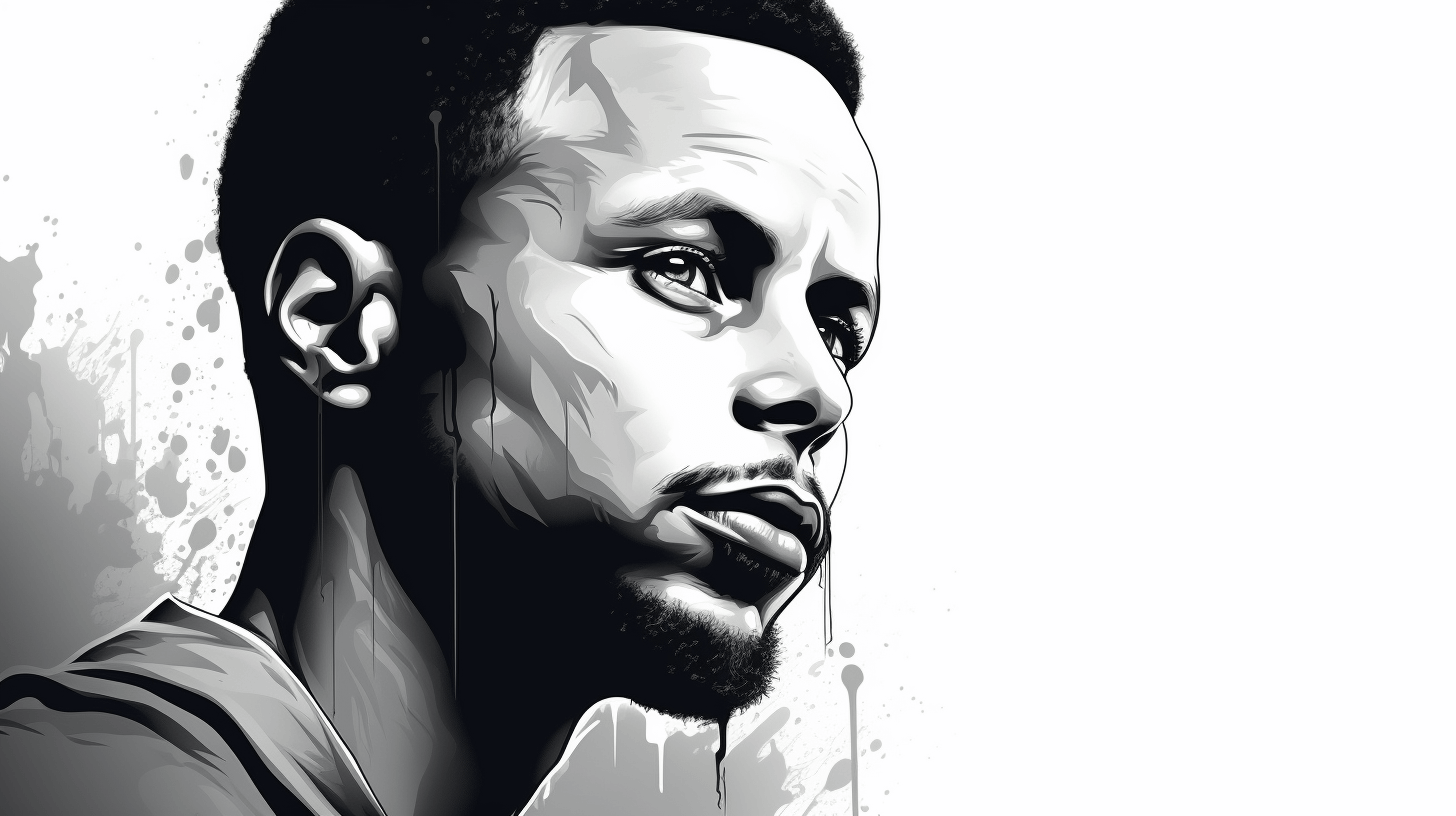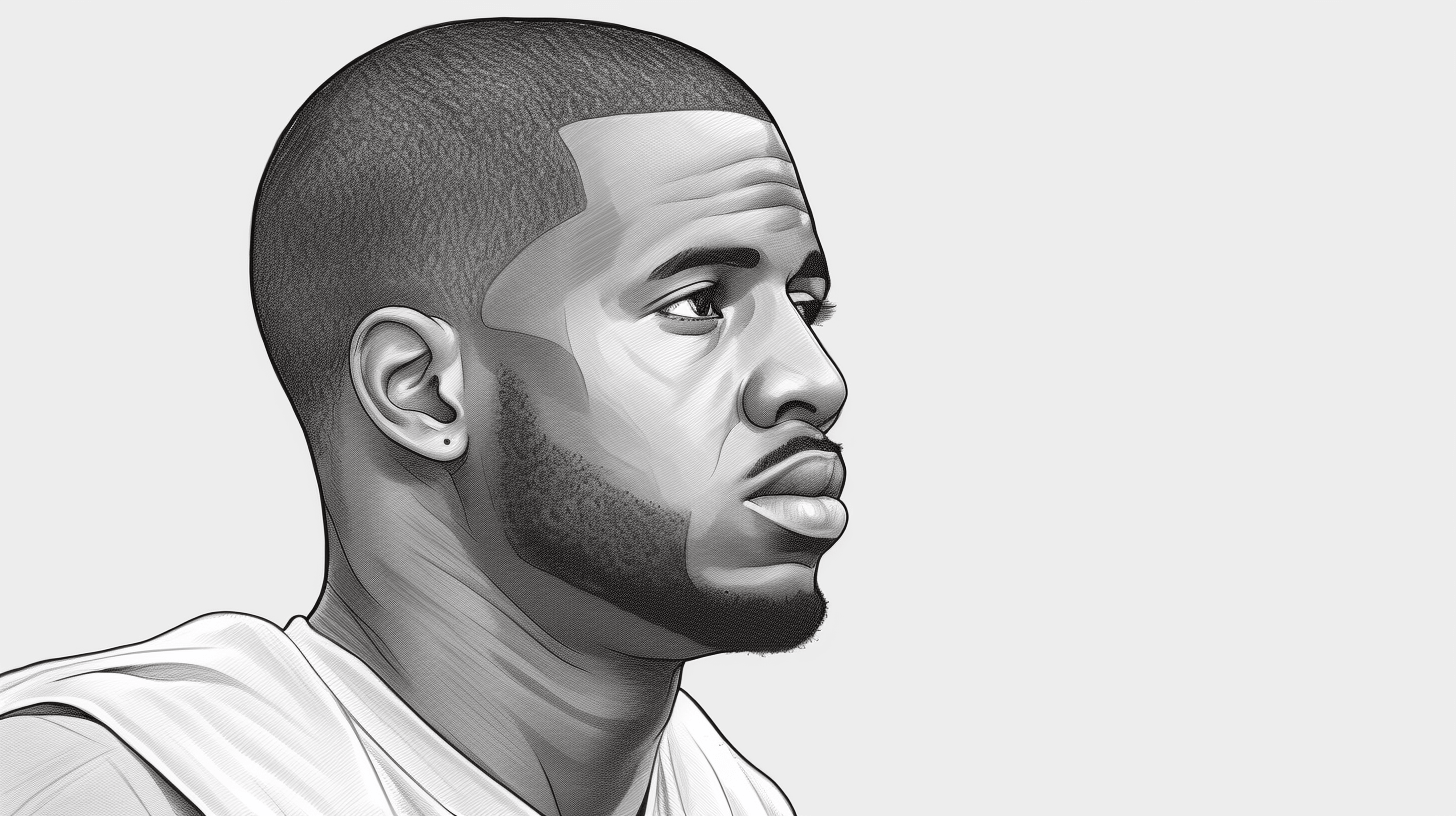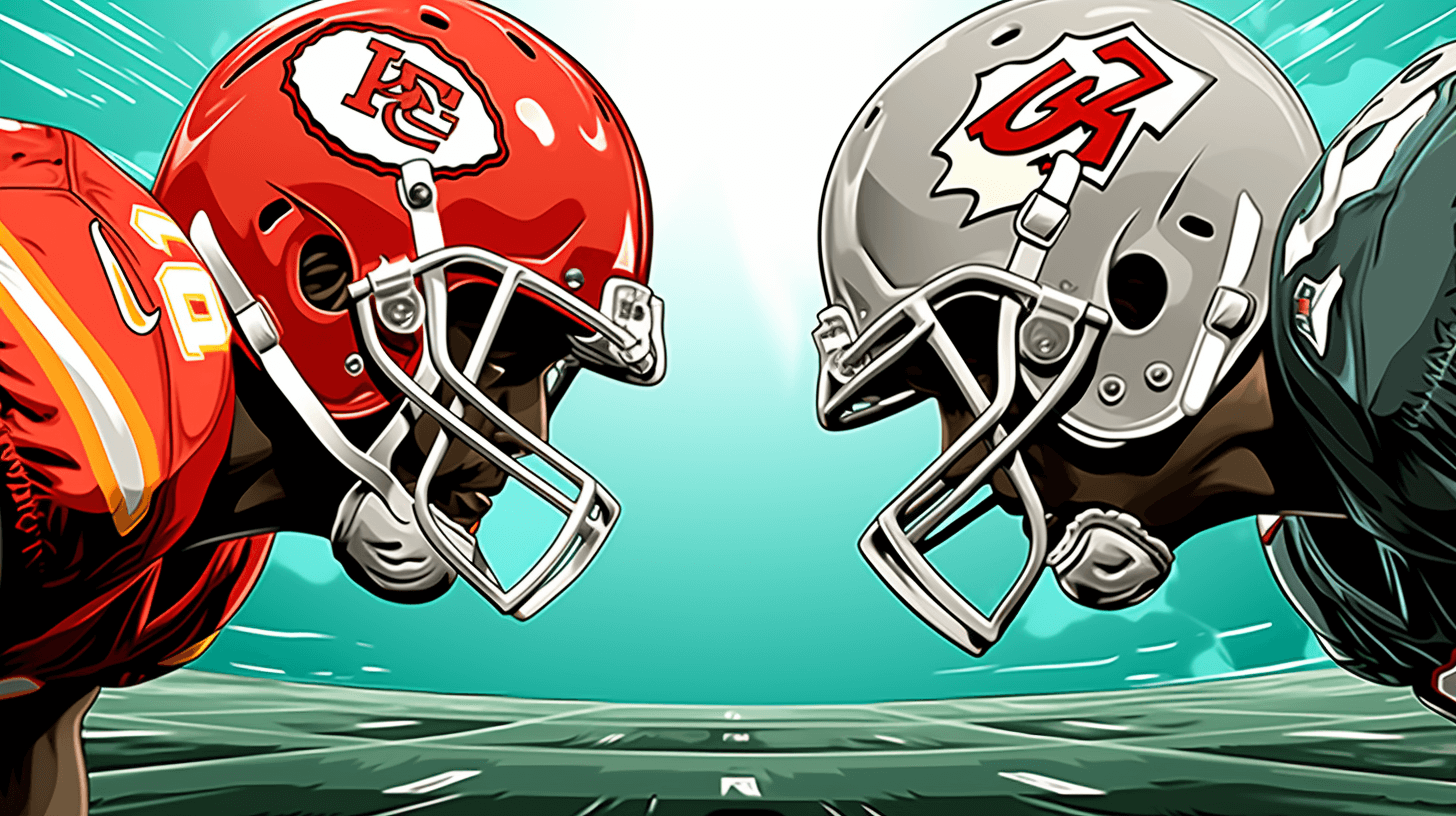🎾🗣️ Brah, Coaches Can Talk Stink Now During Da Tennis Matches, But Da Ting Useful o’ What?
Da old kine rules, where coaches no can talk during da match, dat one stay long gone. Now da tennis peeps can give da hand signs and even talk story lil bit. 🤙
In da big kahuna United Cup tournament for kick off 2023 down Unda, Cam Norrie and Taylor Fritz stay grindin’ out for da final set aftah dem both bag one each.🏆🎾
But Norrie’s coach, dis guy named Facundo Lugones, he get one sneaky secret fo’ share: Norrie no get plenty Fritz’s serves from da right side and need fo’ back up, Lugones rememba. And den, when Norrie stay serving, Lugones see dat he scoring all his points on da right side when he serve da ball wide to Fritz’s forehand, so he tell him, “Brah, do dat more!” 👈👍
So Norrie, who stay ranked number 13, he win 6-4 in da third set. No can say fo’ sure if coaching was da decider — da players still gotta make their shots — but it put one extra twist fo’ da players and da fans.🏅🎉
Da WTA start letting coaching happen during matches in 2020, and den da ATP start doing da same ting last summer. So dis French Open stay only da third Grand Slam tournament wea men’s tennis allow coaches to talk. 🎾🇫🇷
Da kine talk between players and coaches stay limited: While hand signs stay allowed, players and coaches only can talk during da 25 seconds rest time when da player stay on da side where da coach stay. (Outside of Grand Slams, da WTA let da wahine players get one longer talk story per set during a changeover.)⏳👥
But get choke players, including da number nine-ranked Fritz, who no like da change, calling it one “dumb rule” dat go against da spirit of da one-on-one sport. Lugones said Norrie no like da on-court coaching too — plenty players like da mano-a-mano battle.👊💥
Zhang Zhizhen, who wen move up from 99th to 69th in Madrid dis month by whacking Denis Shapovalov, Norrie and Fritz in one week when he leave his coach back home. He no like wen his coach talk too much to him, make him all pilikia and make da game all hamajang.🗣️🚫
Plenty players like get one outside perspective and even some cheers. “When you watch from da outside, you can see more, so one coach can really help with da small kine changes. If I’m missing forehand returns, he’ll tell me whether I need fo’ step back or stay low, which can make one difference,” said Rohan Bopanna, who stay ranked 11th in doubles.👁️📝
Even though da talk time stay short, live coaching can help, said da number three-ranked Jessica Pegula. “You can change your game plan a lil quicker now.” Both she and Jan-Lennard Struff, who stay ranked 28th, said dat in tough matches, one good vibe push can be just as important. “Den it’s about da positive energy and good vibes,” Struff said.💡😃
Da 15th-ranked Hubert Hurkacz wen say dat “big-picture strategy” and one psychological boost can really help, but sometimes, he gonna shut down communication. “Sometimes I can say, ‘I got dis,’ and focus on myself,” he said.🧠💪
Even Fritz stay talking during matches. His coach, Michael Russell, said 70 percent of their talk story was about da mental game — “stay positive, one point at a time, keep your feet moving” — and 30 percent was more tactical and strategic.🤔🏃♂️
“A player can be so hyper focused, they no can see da bigger picture,” Russell said, adding that his advice often reinforce their pregame plan while responding to trends he noticed. “Get matches where Taylor get too comfortable hitting da backhand crosscourt and just extending da rally. If he no being aggressive enough and using da backhand down the line, I gonna tell him fo’ do dat fo’ hurt his opponent more.”💥🎯
Russell said his advice stay more general, not telling Fritz where to serve on da next point. “Stay better not to be specific because if no work on dat next point, you setting him up for negativity,” Russell said. He no gonna make technical changes, like saying his toss stay too low, unless get big problem because he no like Fritz overthink stuff.🤷♂️🙅♂️
Lugones said that being limited to only five words — oftentimes from far away in one stadium full of loud fans — limit da amount of real coaching can do. While Norrie will look for more advice during certain matches, the talk story stay quite short.🏟️🗨️
“You no can fully explain a change of patterns, and if da player no hear you or understand you, it can backfire,” he said. “That’s why da coaching during matches oftentimes stay more about da head game than tactics.”🧩🔥
Especially true for da men at Grand Slams, where matches can go five sets and last four or five hours. “Da Slams stay like one roller coaster — you gotta remind your player get plenty momentum shifts and whoeva can handle that betta going win da match,” Lugones said. “Stay patient and rememba you get time fo’ change tings.”🎢⏰
Russell add dat as da match go on, he going remind Fritz about nutrition and caloric intake and no to rush through points when he stay tired. But sometimes when one player is tiring, da best move is to growl encouragement like Mickey, da trainer in da movie “Rocky.” “Make sure he can see da light at end of da tunnel,” Russell said.🥊🥦
In dat Norrie-Fritz match at da United Cup, da coaches had access to live data, which Lugones said was helpful fo’ confirming da patterns he had noticed. “It’s especially good to have during da long matches,” he said.💻📊
He like see data used more during matches, but he also like see da men’s tour change da rule dat allows one real conversation a set during a changeover. “You would have more time to explain your tactics and make sure da player hears,” he said.⏲️📈
Lugones would even be open to letting da TV audiences listen in, like how other sports oftentimes mic up da coaches. “If it’s betta for da sport and going attract more fans,” he said, “that’s fine.”🎥👂
NOW IN ENGLISH
🎾🗣️ Coaching Now Allowed During Tennis Matches, But Is It Really Useful?
The days of keeping quiet during tennis matches are over as a rule change now permits hand signals and some verbal exchanges between coaches and players. 🤙
The 2023 season kicked off with the United Cup tournament in Australia, where Cam Norrie and Taylor Fritz battled it out in a closely contested final set after each winning a set.🏆🎾
Norrie’s coach, Facundo Lugones, noticed some interesting patterns: Norrie wasn’t returning enough of Fritz’s serves from the right side and needed to step back. Additionally, when Norrie was serving, he was winning all his points on the right side when serving the ball wide to Fritz’s forehand. So Lugones suggested he do that more often.👈👍
Norrie, who’s ranked 13th, ended up winning the third set 6-4. While it’s hard to say if coaching was the decisive factor — the players still had to perform — it certainly added a new dynamic for the players and spectators.🏅🎉
The WTA started permitting coaching during matches in 2020, followed by the ATP last summer. So, this year’s French Open is only the third Grand Slam tournament where men’s tennis allows coaching. 🎾🇫🇷
The new rules limit these exchanges. While hand signals are now allowed, players and coaches can only converse during the 25-second rest period when the player is on the same side as the coach. (Outside of Grand Slams, the WTA allows female players one longer conversation per set during a changeover.)⏳👥
However, some players, including ninth-ranked Fritz, criticize the change, calling it a “dumb rule” that undermines the spirit of the individual sport. Lugones noted that Norrie also dislikes on-court coaching, as many players prefer the one-on-one competition.👊💥
Zhang Zhizhen, who recently climbed from 99th to 69th in the rankings, prefers to play without his coach. He finds that too much advice can complicate things and cause confusion.🗣️🚫
On the other hand, many players appreciate external advice and encouragement. “An external perspective can really help with minor adjustments. If I’m missing forehand returns, my coach can advise whether I need to step back or stay low, which can make a difference,” said Rohan Bopanna, who’s ranked 11th in doubles.👁️📝
Jessica Pegula, who’s ranked third, sees the benefits of real-time coaching. “You can adjust your game plan more quickly now.” Both she and 28th-ranked Jan-Lennard Struff feel that in challenging matches, a psychological boost can be just as important as strategic advice. “Then it’s about the positive energy and good vibes,” Struff said.💡😃
15th-ranked Hubert Hurkacz agreed that “big-picture strategy” and a psychological boost can really help, but sometimes, he prefers to focus on his own game.🧠💪
Fritz’s coach, Michael Russell, notes that most of their exchanges during matches are about mental game — staying positive and taking it one point at a time. He also suggests strategic adjustments, reinforcing pre-game plans and responding to trends he notices during the game.🤔🏃♂️
Russell generally gives advice in broad strokes, not telling Fritz where to serve on the next point. He doesn’t make technical adjustments unless there’s a significant issue, as he doesn’t want Fritz overthinking things.🤷♂️🙅♂️
According to Lugones, communicating effectively in a loud stadium, limited to perhaps five words, can restrict actual coaching. Coaching during matches often becomes more mental than tactical.🏟️🗨️
This is particularly true for men at Grand Slams, where matches can span five sets and last for four or five hours. “Grand Slams are like a roller coaster. It’s important to remind your player about the momentum shifts and that patience and adaptability are key,” Lugones advised.🎢⏰
As the match progresses, Russell reminds Fritz about maintaining proper nutrition and pacing himself to avoid fatigue. But sometimes when a player is tiring, the best encouragement is a solid shout-out, just like Mickey, the trainer in the movie “Rocky.”🥊🥦
During the Norrie-Fritz match at the United Cup, coaches had access to live data, which Lugones found helpful for confirming his observations.💻📊
He’d like to see more use of data during matches and also more opportunities for in-depth conversation during changeovers. He’d even welcome letting TV audiences listen in, like how other sports often mic up the coaches, if it would attract more fans.🎥👂

